According to the report on Vietnam's real estate market in the third quarter of 2025 by the Vietnam Institute for Real Estate Market Research and Evaluation (VARS IRE), the tourism - resort real estate segment continues to show positive signs after a long period of stagnation.
VARS IRE experts said that the improvement of the market in the third quarter was not accidental but came from the resonance of many fundamental factors. That is, a series of large-scale projects were cleared after a long period of legal deadlock.
In addition, the interest rate level has decreased, creating conditions for cheap capital to return to the real estate sector, especially for long-term investors.
Vietnam's tourism industry is also recovering strongly. The number of international visitors in the first 9 months of the year reached a new record, far exceeding the pre-pandemic period, thanks to the visa exemption policy... This is an important "boost", creating real demand for the resort market.
Along with that, the transport infrastructure system has been heavily invested with a series of new highways, airports, and seaports coming into operation, helping to shorten travel time between tourist centers, thereby increasing the ability to exploit and operate resort projects.
Commenting on the future of resort real estate, the Vietnam Association of Realtors (VARS) said that this is a segment with a lot of potential. " In the coming time, along with the strong recovery of the tourism industry and more open opportunities from the legal corridor, resort real estate will have significant changes ," VARS predicted.
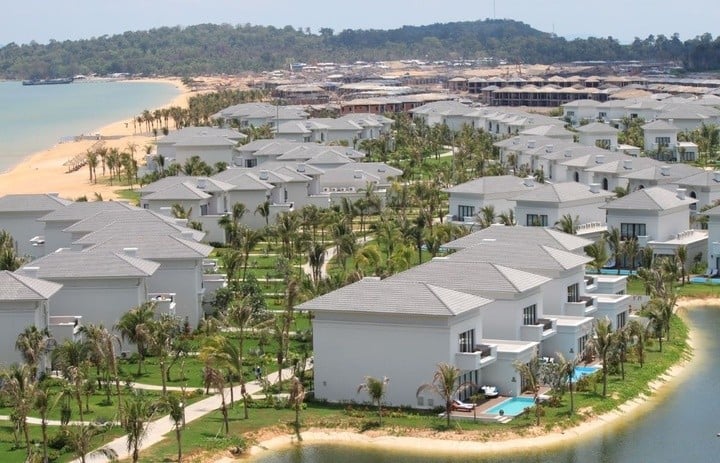
Mr. Le Dinh Chung, General Director of SGO Homes, also pointed out a series of positive factors that are affecting the recovery speed of resort real estate, including: the economy is growing; the number of tourists, especially international tourists, is increasing sharply; the Government has been actively implementing measures to achieve the goal of tourism being a key economic sector by 2030; legal issues related to condotels and resort villas are being resolved.
However, according to Mr. Chung, customers are increasingly cautious in searching for information and choosing projects. Transactions are mainly concentrated in projects with reasonable prices, long-term ownership resort products serving the purpose of staying in areas with strong tourism recovery.
Sharing the same view, Mr. Mauro Gasparotti, Senior Director of Savills Hotels Southeast Asia, commented: It is expected that more than half of Vietnam's population will join the middle class by 2035, with higher income and consumption capacity. Resonating with the growth momentum of the international tourist market to Vietnam, the domestic tourism and resort industry is expected to continue to develop strongly, laying the foundation for many other types of hotels, including lifestyle and selected service hotels.
Similarly, according to Ms. Uyen Nguyen, Deputy Director of Savills Hotels, the rise of the middle class in Vietnam, especially among the younger generation, has boosted tourism activities. In order to exploit the potential of this group of customers, hotel operators are focusing on promoting suitable brands to meet market demand.
Currently, Vietnam has 21 branded residence projects in operation, ranking second in Southeast Asia after Thailand, and is in the global top 10 in terms of development supply. This shows that Vietnam is a hot spot in the region in this field.
" It can be seen that the recovery of Vietnam's resort industry is not only short-term but is opening a new development cycle with many opportunities and challenges ," Ms. Uyen commented.
Should we invest to "catch the wave"?
Although there have been positive signs of recovery, according to experts, in the short term, the market resort real estate It is difficult to be vibrant and for sustainable development, a clear legal framework will be needed for condotels, officetels, hometels, as well as flexible ownership and exploitation models that individual investors can participate in.

According to Dr. Nguyen Van Dinh - Vice President of Vietnam Real Estate Association - in the context of the difficult tourism and resort real estate market, this is still an opportunity for investors. But when the market fully recovers and develops strongly like other countries in the region, investment will be very difficult. Because at that time, the value of the product has skyrocketed and it is not easy to own.
Meanwhile, according to experts from BHS Property, 2025 will still be a year of "supply filtering" for the resort real estate market. Projects with transparent legal status, reputable investors and locations associated with specific tourism will continue to be attractive. Meanwhile, products lacking uniqueness and operating inefficiently will have difficulty competing.
Therefore, according to him, for investors, "putting money down" at this time means having to carefully research mining cash flow, rental rates, payback period and operating commitment, instead of just expecting a simple price increase.
In addition, although it is considered a potential segment, according to experts, resort real estate still has many problems that need to be solved.
Mr. Nguyen Quang Huy, CEO of the Faculty of Finance and Banking at Nguyen Trai University, pointed out the fact that many resorts are operating with modest room capacity, facing difficulties in attracting guests. Declining profits have made investors worried. Projects that are being implemented are also slow, facing procedural problems, and raising investment capital is more difficult than before. Some projects have even had to be "shelved" indefinitely, causing a significant waste of resources.
In addition to the lingering effects of the pandemic, the market also faces many other difficulties such as natural disasters, macroeconomic fluctuations... All of these factors have created a picture with a dominant color tone of gloom throughout the past time.
In addition, the legal ambiguity has caused many difficulties for both investors and developers. Investors are afraid of risks of ownership, legal disputes, difficulties in transferring and inheriting... Meanwhile, developers face obstacles in mobilizing capital from investors, implementing projects, managing operations...
Furthermore, unclear legal framework is also a major barrier to raising credit capital for resort real estate projects. Banks have tightened credit controls, causing capital shortages and project implementation bottlenecks.
Source: https://baolangson.vn/bat-dong-san-nghi-duong-hoi-phuc-co-nen-dau-tu-don-song-5063684.html


![[Photo] Ca Mau "struggling" to cope with the highest tide of the year, forecast to exceed alert level 3](https://vphoto.vietnam.vn/thumb/1200x675/vietnam/resource/IMAGE/2025/11/04/1762235371445_ndo_br_trieu-cuong-2-6486-jpg.webp)


![[Photo] The road connecting Dong Nai with Ho Chi Minh City is still unfinished after 5 years of construction.](https://vphoto.vietnam.vn/thumb/1200x675/vietnam/resource/IMAGE/2025/11/04/1762241675985_ndo_br_dji-20251104104418-0635-d-resize-1295-jpg.webp)
![[Photo] Ho Chi Minh City Youth Take Action for a Cleaner Environment](https://vphoto.vietnam.vn/thumb/1200x675/vietnam/resource/IMAGE/2025/11/04/1762233574890_550816358-1108586934787014-6430522970717297480-n-1-jpg.webp)
![[Photo] Panorama of the Patriotic Emulation Congress of Nhan Dan Newspaper for the period 2025-2030](https://vphoto.vietnam.vn/thumb/1200x675/vietnam/resource/IMAGE/2025/11/04/1762252775462_ndo_br_dhthiduayeuncbaond-6125-jpg.webp)
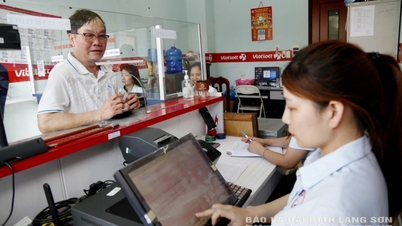
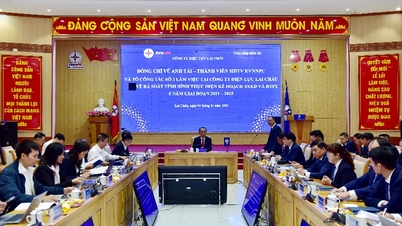

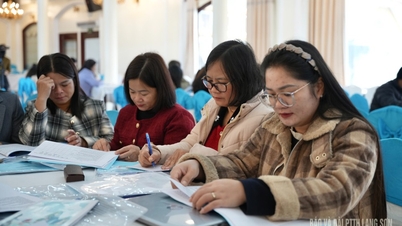



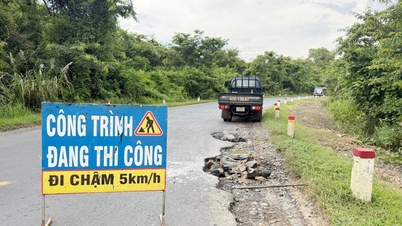





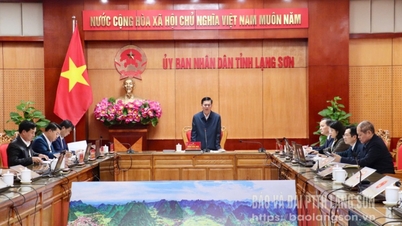
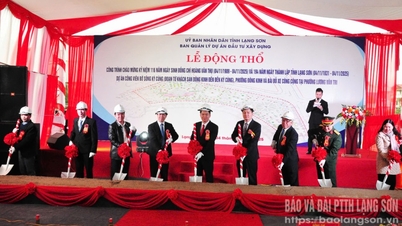


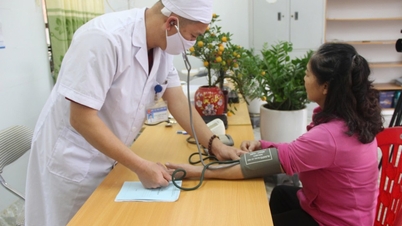
























































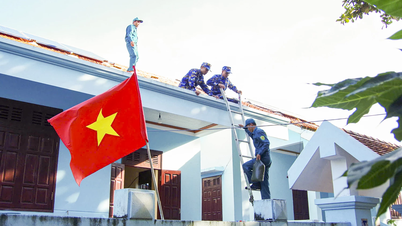















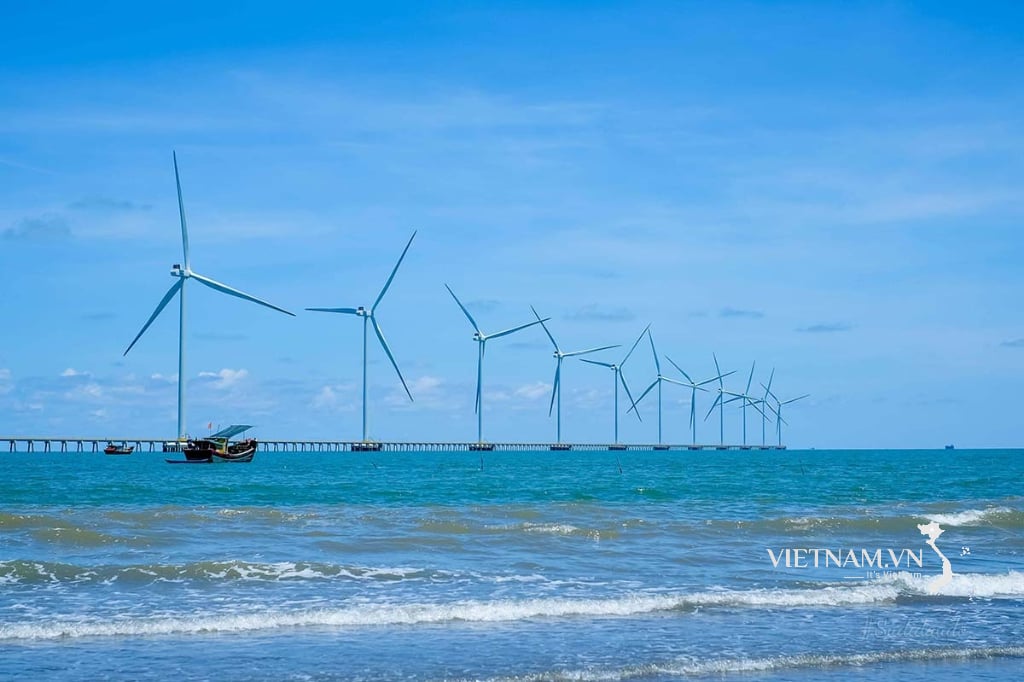

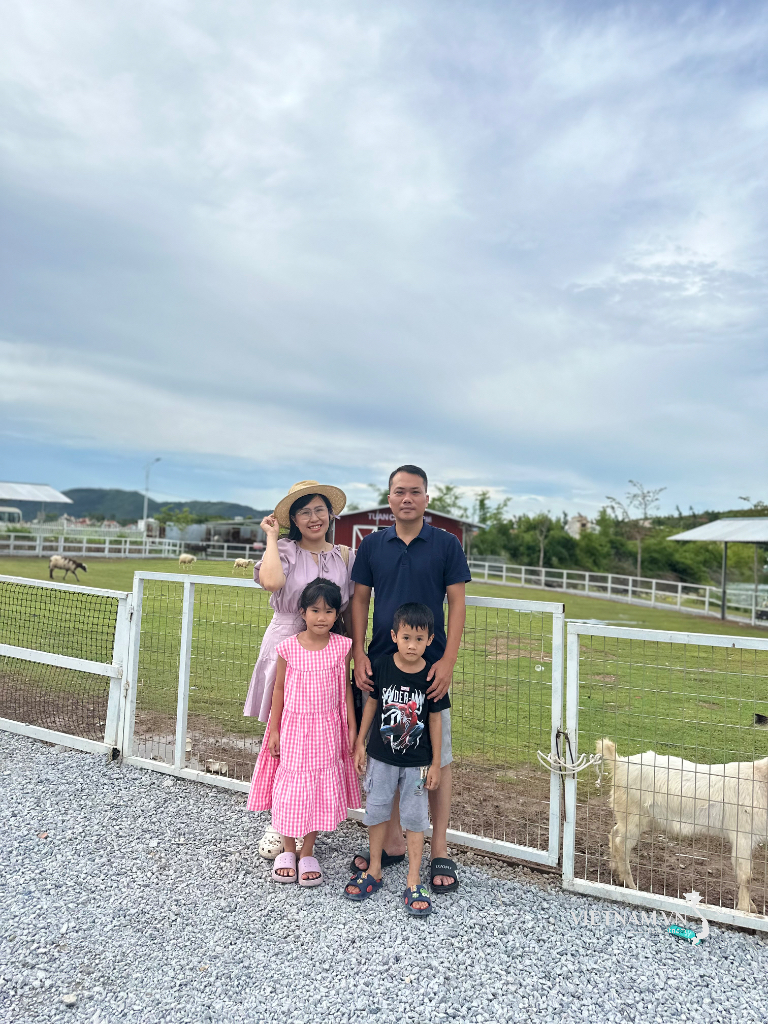
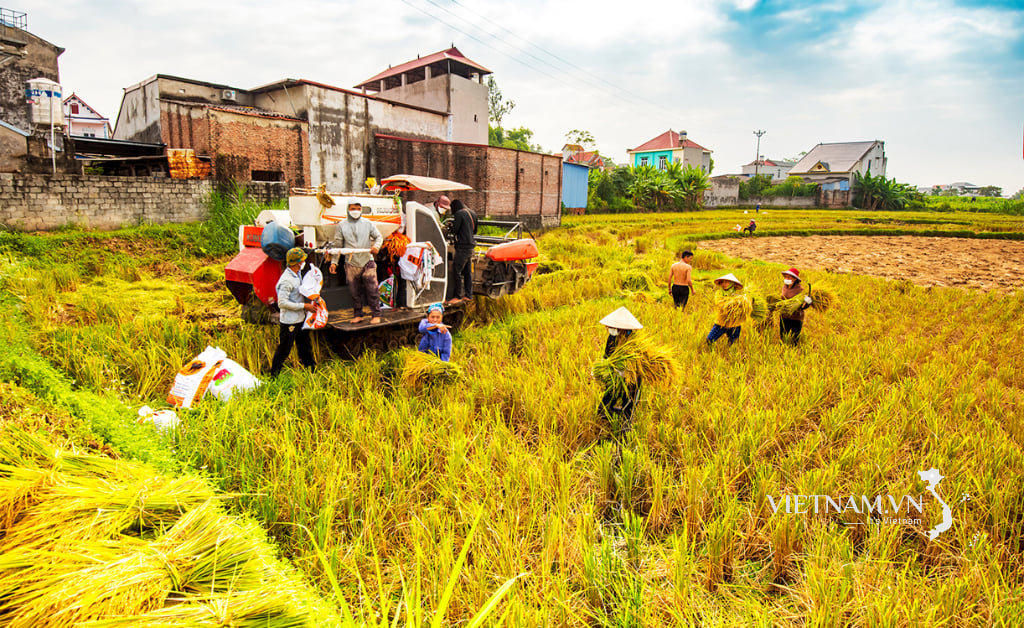
Comment (0)